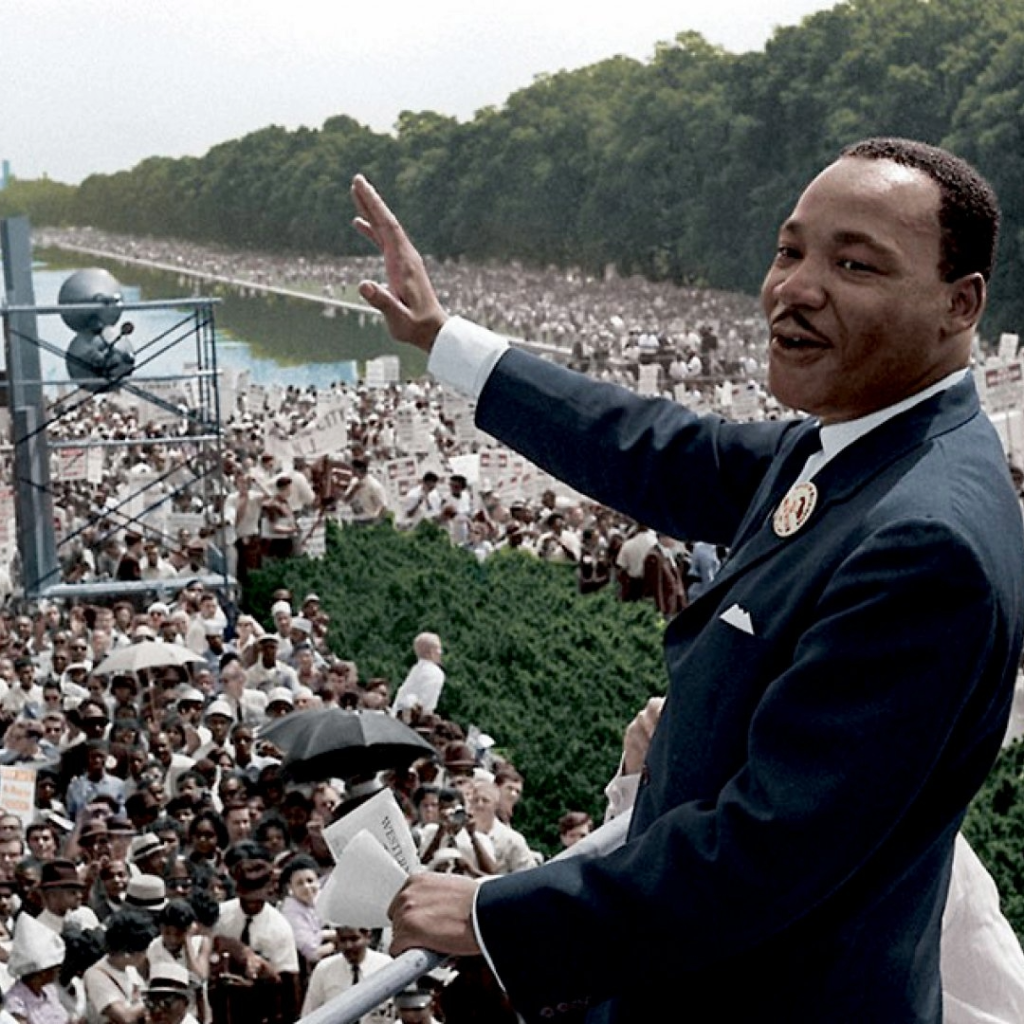What makes a leader? The question is more complex than it looks.

What makes someone a leader, anyway?
As Bradberry and his co-author Kevin Kruse admit, despite the plethora of books on leadership (some written by them), it’s a rare thing to pause and actually define the quality. The authors go on to assert what leadership is not: Leadership isn’t fancy titles, a position in a hierarchy, or even management.
They then go on to quote, and attempt to refute, some of the most respected business thinkers of our time. For example:
Peter Drucker: “The only definition of a leader is someone who has followers.”
The authors contend that Drucker’s definition is too simple. They cite the example of an army captain who is put in command of 200 soldiers, but never leaves his room or speaks to the individuals in his unit personally. By default, the soldiers follow orders, but this makes the captain a commander, not a leader.
John Maxwell: “Leadership is influence–nothing more, nothing less.”
While appreciating Maxwell’s minimalistic approach, the authors feel it is too reduced. They cite examples of a robber with a gun, who has “influence” over his victim, or a manager with the power to fire team members. The source of influence is missing.
In the end, Bradberry and Kruse settle on the following definition of leadership:
Leadership is a process of social influence which maximizes the efforts of others toward the achievement of a greater good.
They conclude with the powerful statement, “Leadership is a mindset in action”.
I’m a big fan of Bradberry (he recently made number two on my list of recommended writers), and I love the article as it really gets us thinking differently about something we read and write about on a daily basis.
Bradberry and Kruse’s definition comes close, but I feel it’s too narrow.
Some leaders influence others to commit actions that are not for the greater good, but no one can deny that they have led those others. Adolf Hitler is a perfect example. His leadership was wicked, barbaric, and disgusting. But surely, he led millions of men. Some may argue that Hitler or the terrorist leaders we see today aren’t exhibiting the type of leadership that Bradberry and Kruse speak about, but they’re refusing to acknowledge an extremely important lesson: Following the wrong leaders can give rise to horrible consequences.
The authors also claim that leadership “maximizes the efforts of others”. But leadership alone cannot achieve this goal, for individual efforts depend on a variety of factors. For example, one could contend that Michael Jordan’s leadership got the most out of his championship Bulls teams, but when he came out of retirement (again) to lead a young Wizards team, several team members complained about playing in Jordan’s shadow, and his unfair expectations of them.
Leadership can, however, work towards increasing the efforts of others.
Which leads me to this (edited) definition:
Definition: Leadership is a process of social influence which works to increase the efforts of others in pursuit of a common goal.
In the end, I think that the authors and I agree on one thing: Good leaders don’t wait for a title. They simply lead, and others naturally follow.
To read the full article, click here.